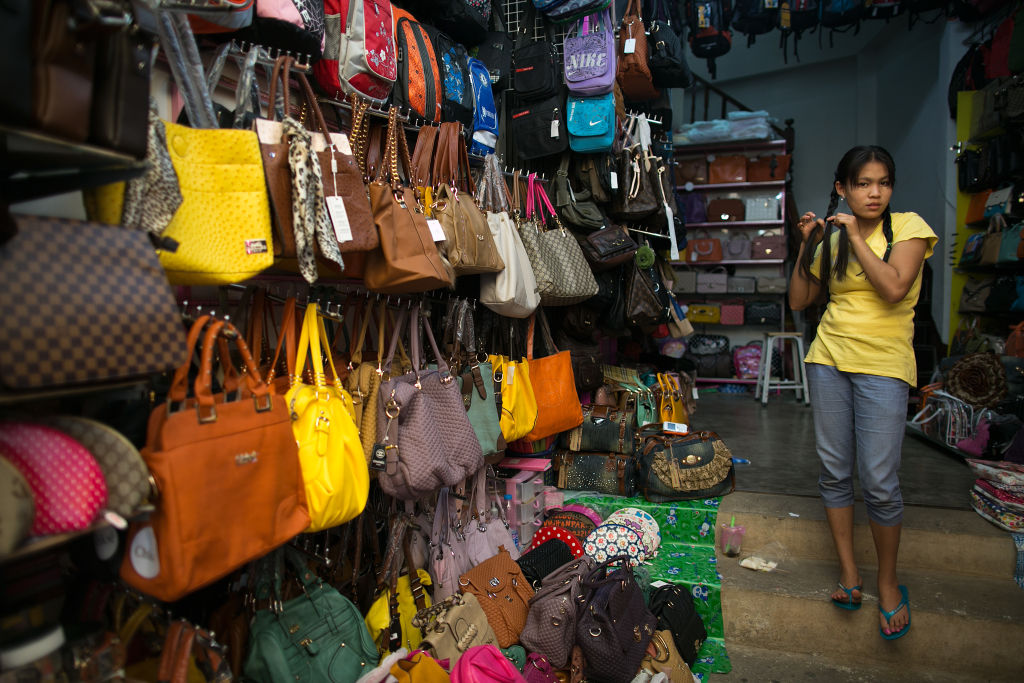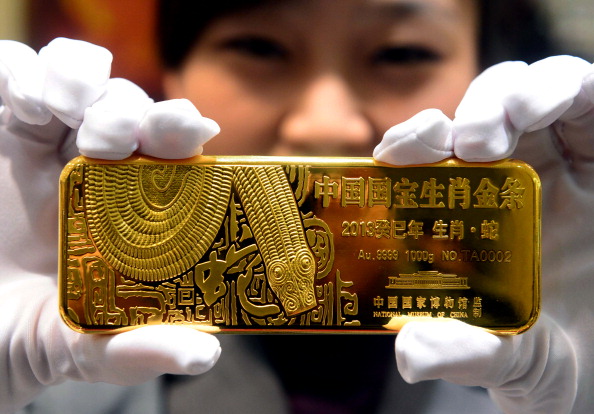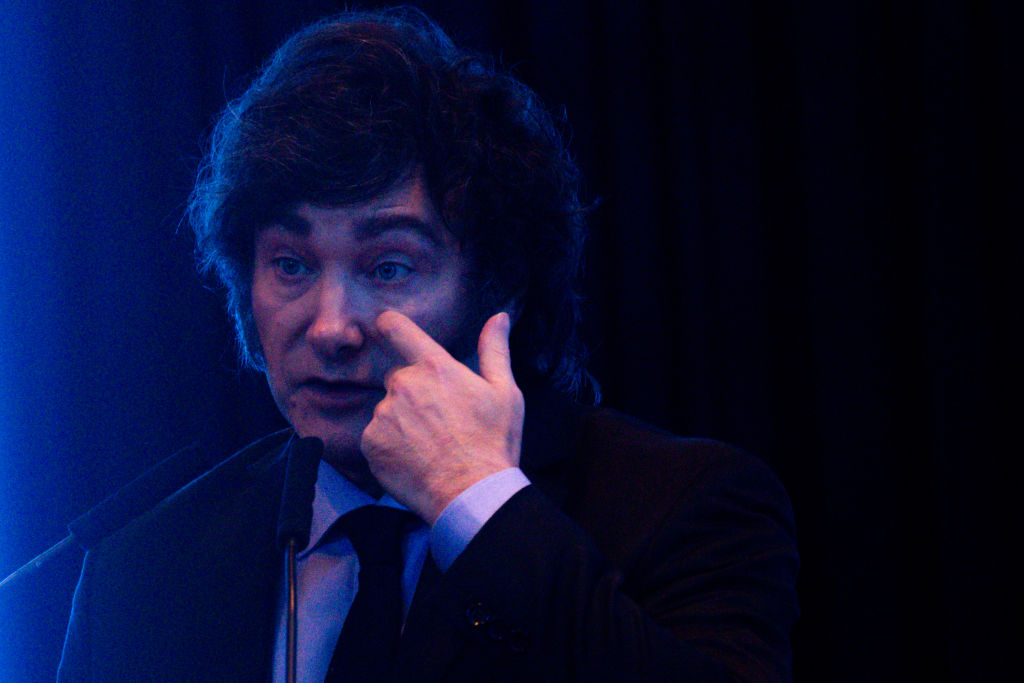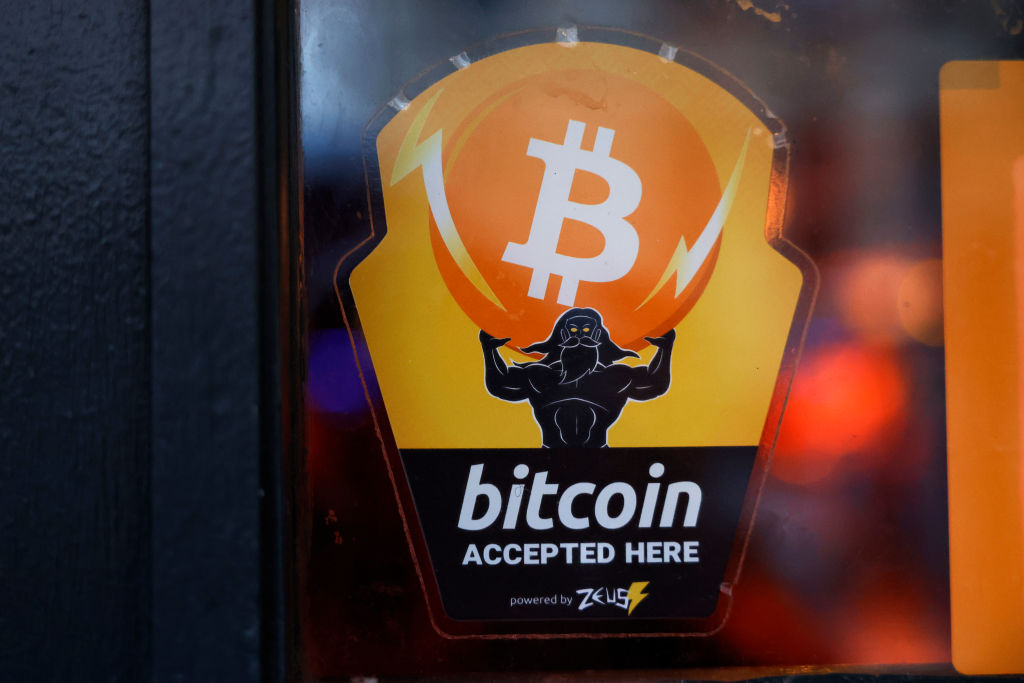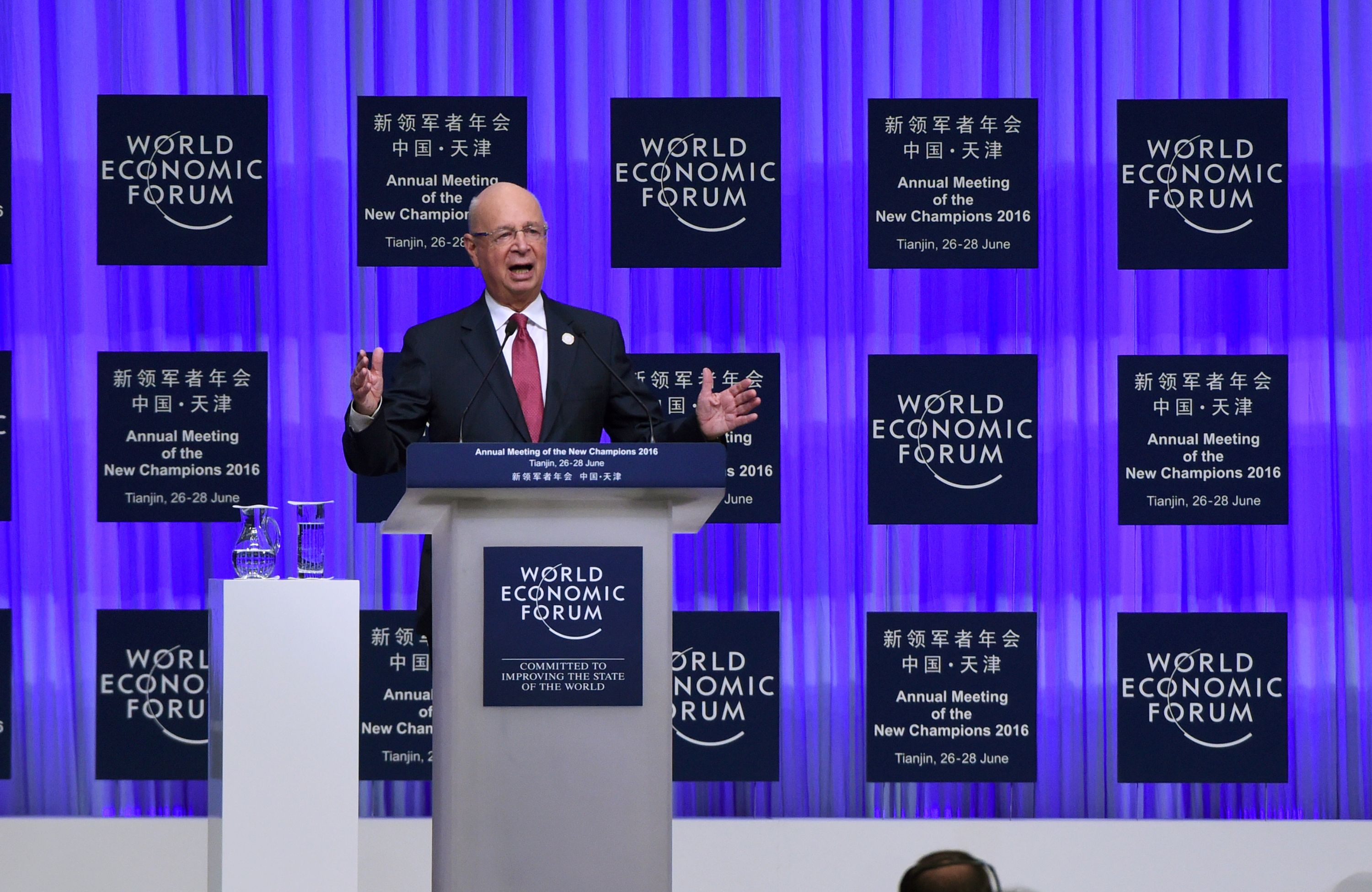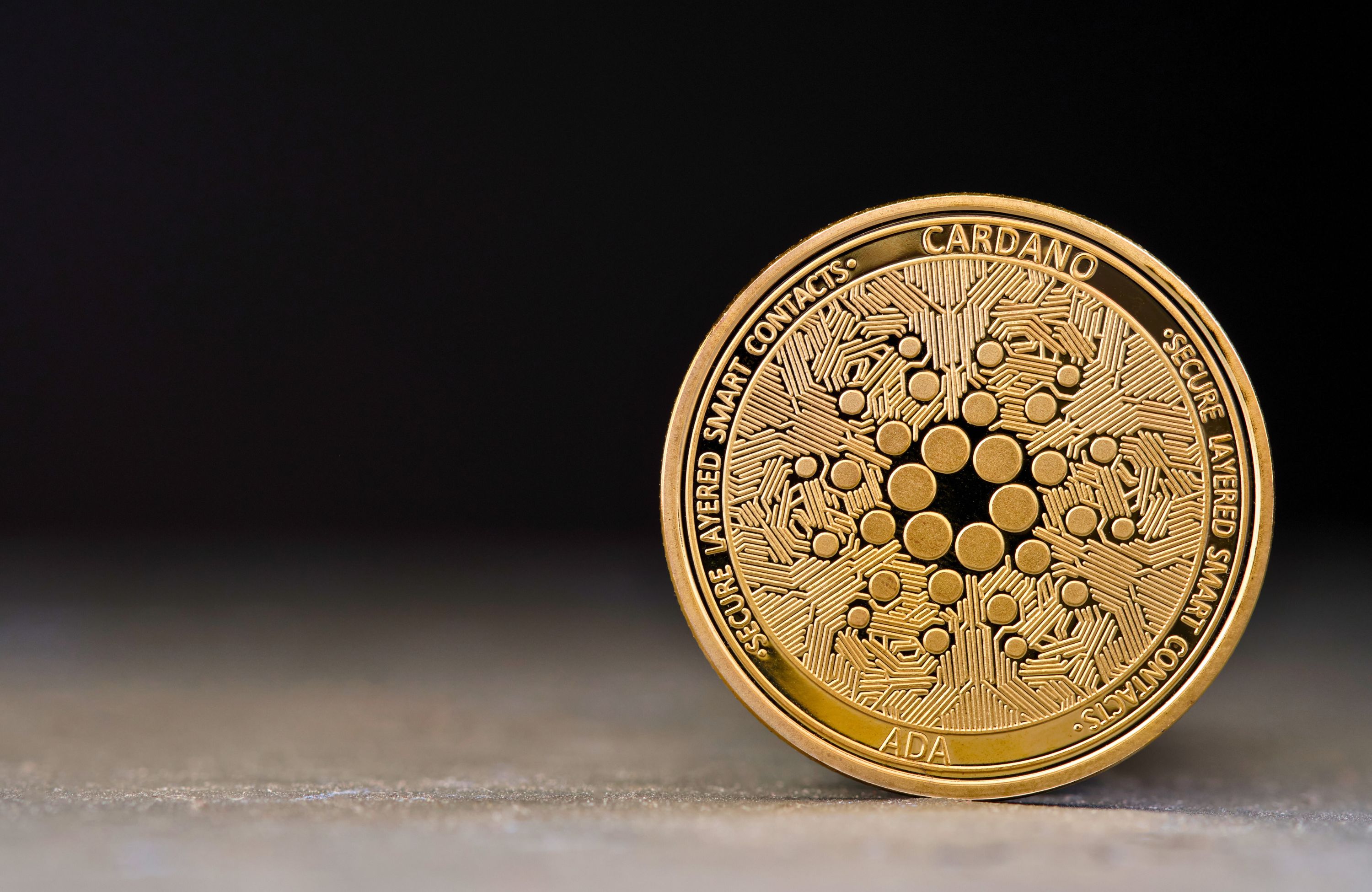Women Are Egg Freezing Because "Too Few College-Educated Men," Study Says
In a world where swiping right might not always lead to Mr. Right, more women are taking control of their fertility through egg freezing. Contrary to the popular belief that career ambitions are the primary driver for delaying motherhood, a new narrative is emerging.
Marcia Inhorn, a professor specializing in medical anthropology at Yale University, sheds light on a significant factor influencing this decision: the mating gap. According to Inhorn, the primary reason many women opt for egg freezing is the challenge of finding suitable, college-educated partners. This revelation is changing how we view fertility choices in the modern age.

Understanding the Mating Gap
The concept of the mating gap isn't just about the scarcity of potential partners but rather the lack of partners who meet certain educational or socioeconomic criteria. Inhorn's research, highlighted in her book "Motherhood on Ice," points out that the majority of women who freeze their eggs do so because they haven't found a partner they consider to be on equal footing, educationally and otherwise. This phenomenon is contributing significantly to the shift towards fertility preservation options.
The Emotional and Financial Cost of Freezing Eggs
Choosing to freeze one's eggs is no small decision, both emotionally and financially. Let's break down what this entails:
-
Emotional Journey: Beyond the physical procedure, the process can be an emotional rollercoaster. It involves a mix of hope for future possibilities and the anxiety of facing current realities. However, many women report feeling empowered by taking action that opens up more options for their future.
-
Financial Investment: The cost of egg freezing can be hefty, with prices ranging from $6,000 to $15,000 per cycle, not including storage fees and future IVF costs. While some companies and health insurance plans are beginning to offer coverage for fertility preservation, it remains a significant investment for many.
The Broader Implications
This trend towards egg freezing reflects broader societal shifts. As women achieve higher levels of education and more prominent roles in the workforce, the dynamics of dating and family planning inevitably evolve. The mating gap is a symptom of these changes, prompting both individuals and society to rethink traditional timelines for major life milestones.
Final Thoughts
The decision to freeze eggs is deeply personal yet increasingly common among women navigating the complexities of modern relationships and family planning. It's a proactive step that offers peace of mind and flexibility for the future, albeit at a considerable cost. As we continue to witness the evolution of how individuals approach fertility, it's clear that understanding the underlying factors like the mating gap is crucial. This insight not only empowers women to make informed choices about their reproductive health but also sparks important conversations about the changing landscape of relationships and parenthood in the 21st century.
Related Article: A Decade to Trillionaire Status: How Wealth Hoarding Aggravates Woes

